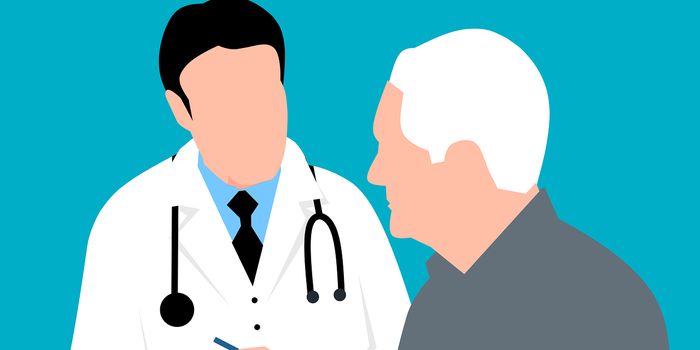Young Cancer Survivors Have Higher Financial Burden
Cancer is costly in this day and age. With new, innovative, and most importantly, patented, treatments becoming more and more common, medical costs are rising at an increasing pace. The average total cost of cancer treatment was $1,000 a month in the year 2000, now it is $10,000. A recent study published in the journal Cancer from the American Cancer Society compared cancer survivors with those without a cancer history and found that cancer survivors and their families face higher medical expenditures compared with individuals without a cancer history.
Photo source: UnSplash.com
While that may seem fairly obvious to some, this “financial toxicity”, or financial burden, is growing, which is why it is so concerning. Also concerning is the fact that this burden is apparently hitting younger cancer survivors harder than older individuals. The study, led by Dr. Zhiyuan Zheng, PhD, was the first to investigate the psychosocial consequences of this financial burden, and to provide more evidence that a diagnosis of cancer is indeed linked to financial hardship.
The team measured patients with a history of cancer against a cohort with no cancer history on three domains: material, psychological, and behavioral. These domains have been used before by other groups to take a closer look at the consequences of financial burden due to cancer treatments. "Material" consequences included things like borrowing money, going into debt, bankruptcy, making financial sacrifices, etc. "Psychological" refers to chronic worry over large medical bills. Finally, the present study included "Behavioral", which referred to things such as delaying and/or forgoing medical treatment due to financial constraints, prescription medicine, follow-up care, etc.
The team also divided the groups by age. Age groups were 1) ages 18 to 49, 2) ages 50 to 64, and 3) those aged ≥ 65 years. Because Medicare insures nearly 98% of Americans aged 65 or older, their financial burden may be much smaller and could skew results. Most cancer survivors, regardless of age, reported greater hardship across either 2 or all 3 domains compared to those without a history of cancer.
Photo source: pexels.com
The interesting part, however, is when the team compared cancer survivors across age groups. When they did this they found that the youngest age group was most likely to report hardship in all 3 domains (16.8% for those aged 18-49 years, 13.5% for those aged 50-64 years, and 4.4% for those aged ≥ 65 years). Furthermore, the youngest age cohort was least likely to report no hardship (30% for those aged 18-49 years, 36.8% for those aged 50-64 years, and 61.3% for those aged ≥ 65 years).
The researchers interpreted this finding as reflecting the notion that younger survivors may not have had enough time to accumulate many financial assets. Furthermore, a cancer diagnosis may be more disruptive financially for those with a shorter employment history. Insurance also factors into the intensity of the financial burden for younger survivors. As mentioned above, patients ≥ 65 years old are covered by Medicare, and this may explain why they did not differ in their financial burden from age-matched controls without a cancer history.
For younger survivors, it is a different story. Many depend on employer-based insurance, and cancer could impede their ability to work. This could lead to a loss of healthcare insurance and force dependence on private insurers with higher deductibles and premiums, and/or out-of-pocket costs. The fact that additional treatments, reoccurrence of cancer or the development of other cancers are common in this cohort only adds to the price tag. This financial burden is an unfortunate and unfair weight to place on a survivor's shoulders.
Sources: Cancer, Cancer Epidemiology, Biomarkers & Prevention, www.cancer.org, Journal of Clinical Oncology, AARP Public Policy Institute










